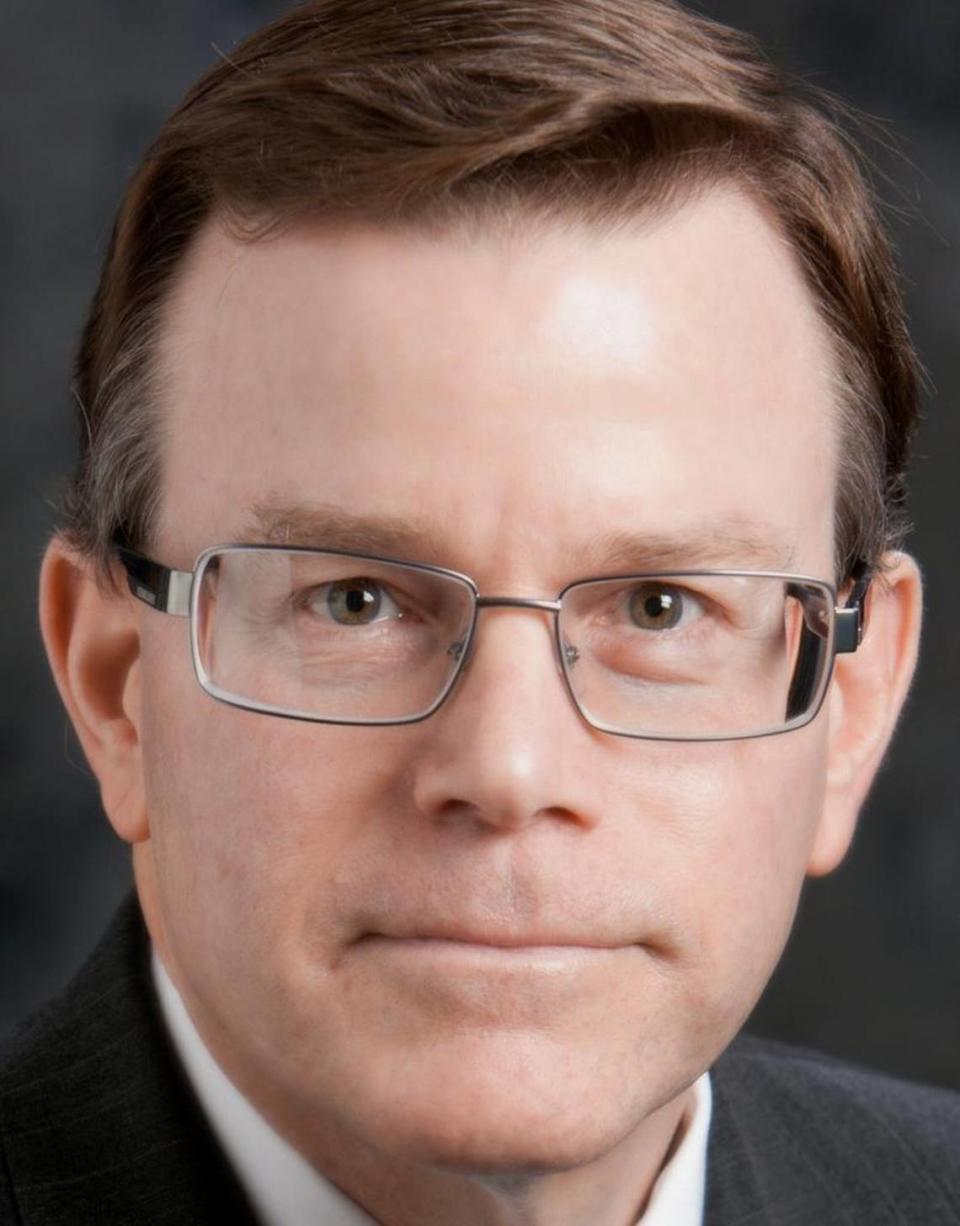Fresno writer: Our Constitution calls for personal restraint, not unbridled freedom
Seeking to remedy the lack of a unifying central authority in the Articles of Confederation, the Constitution begins with, “We the People of the United States, in Order to form a more perfect Union … establish this Constitution for the United States of America.” Under the Articles, each state largely acted as a foreign nation to each other state and to foreign countries. Any state could so burden commerce from other states, such as barring another state’s ships from its waters, that war between the states was a constant risk.
All states ratified the new Constitution, but not all leaders supported it. Patrick Henry unsuccessfully opposed Virginia’s ratification arguing it would result in Black slaves being freed. His prediction that the Constitution would eventually end slavery was accurate, but it took a gruesome Civil War.
The Constitution created a Supreme Court to resolve disputes the Articles could not. For example, in 1824, in Gibbons v. Ogden, the U.S. Supreme Court under Chief Justice John Marshall ruled that Congress’s authority under the new Constitution to regulate interstate commerce prohibited New York from granting a monopoly to Robert Fulton to run steamboats on New York’s waters.
The framers knew from history that unrestrained liberty to do what one pleases no matter how much it hurts others would lead to turmoil, out of which a tyrant could rise. The Constitution and Bill of Rights delicately balanced the liberty cherished by Americans with a central authority composed of legislative, executive and judicial branches that check each other and are designed to prevent the rise of a tyrant.
The Constitution created a “more perfect,” not perfect, union. Its spirit calls for personal restraint. On the excesses of political parties, President Washington warned in his farewell address that without such restraint, revengeful parties alternately dominating each other would be catastrophic: “The disorders and miseries which result gradually incline the minds of men to seek security and repose in the absolute power of an individual and sooner or later the chief of some prevailing faction … turns this disposition … to his own elevation, on the ruins of public liberty.”
The letter and spirit of the Constitution promote the responsible exercise of liberty. The Second Amendment cannot be removed except by a constitutional amendment, but like the inability to yell “fire” for fun in a crowded theater, freedom to bear arms is not absolute.
In addition to being a set of institutions based on majority rule with certain protections for the minority, the Constitution is a social compact. None of us like to be told what to do when we disagree, but “We the People” have agreed to accept the legality of a law or an election outcome unless changed through the courts or new elections. We agree there are consequences for noncompliance.
Sadly, as the Jan. 6, 2-21 attack on the Capitol, its apologists, and ongoing election denial demonstrate, in recent decades, education in our constitutional system and its history has failed.
On the brink of civil war, Lincoln exclaimed in his first inaugural address: “We are not enemies, but friends. We must not be enemies. Though passion may have strained, it must not break our bonds of affection. The mystic chords of memory, stretching from every battlefield and patriot grave to every heart and hearthstone … will yet swell the chorus of union, when again touched … by the better angels of our nature.” His plea failed.
Does another civil war loom? Insurrectionist armed “militias” are one concern. But in a Dec. 17 op-ed in The Washington Post, three retired Army generals warn that for the military after the 2024 election, “The idea of rogue units organizing among themselves to support the ‘rightful’ commander in chief cannot be dismissed.”
At Gettysburg, Lincoln urged renewed dedication to our ideals and democratic constitutional republic: “It is rather for us, the living … to be here dedicated … to that cause for which they here, gave the last full measure of devotion — that we here highly resolve these dead shall not have died in vain; that the nation shall have a new birth of freedom, and that government of the people, by the people, for the people, shall not perish from the Earth.”
We, the people today, are now “the living.”
Daniel O. Jamison is a retired Fresno attorney.


